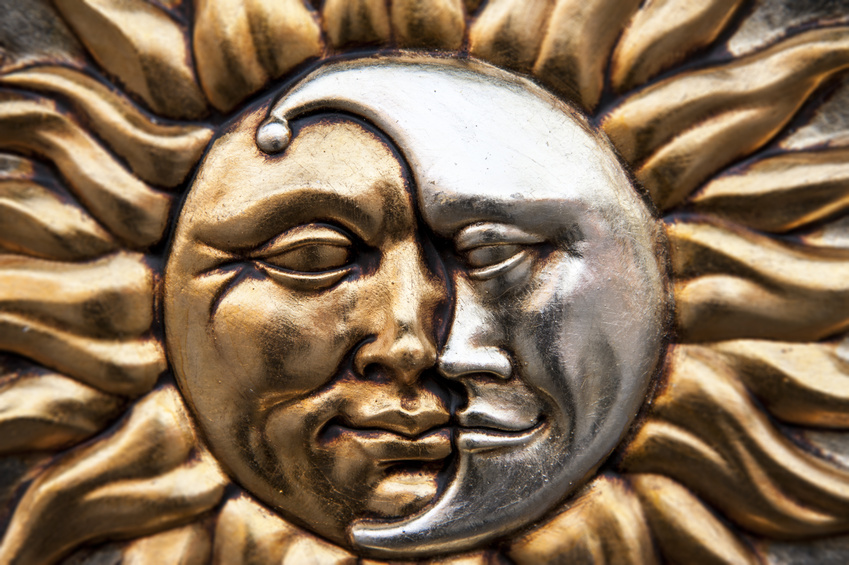 Blue Cliff Record, Case 13
Blue Cliff Record, Case 13
A monk asked Baling, “What is the school of Kanadeva?”
Baling said, “Piling up snow in a silver bowl.”
Background & Reflections
Baling Haojian, a monk of the Five Dynasty era (907-60), was an eccentric known for always carrying around a tattered sitting-cloth. He studied under Yunmen Wenyan and eventually succeeded to his dharma. In those days, at the time of his transmission, a student submitted a written exposition of his understanding. Baling submitted the following three questions or koans and their answers.“
What is the Way?
The master said, “A clear-eyed man falls into a well.”
***
“What is the Blown-hair Sword?” [1]
That master said, “Branches of coral support the moon.”
***
“What is the Tipo school?” [2]
The master said, “A silver bowl filled with snow.”
***
When Yunmen read Baling’s questions and answers he was very pleased. He said to Baling, “On the anniversary of my death, simply recite these Three Turning Phrases. That will suffice to repay my kindness.” Continue reading

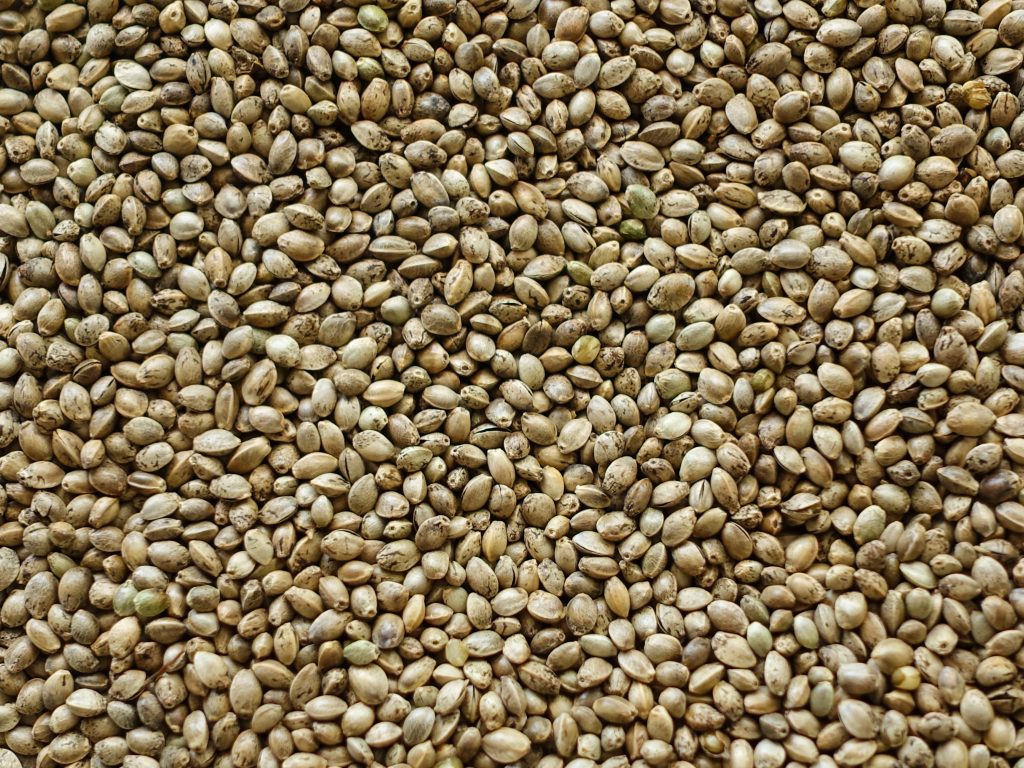 Blue Cliff Record, Case 12
Blue Cliff Record, Case 12 Blue Cliff Record, Case 11
Blue Cliff Record, Case 11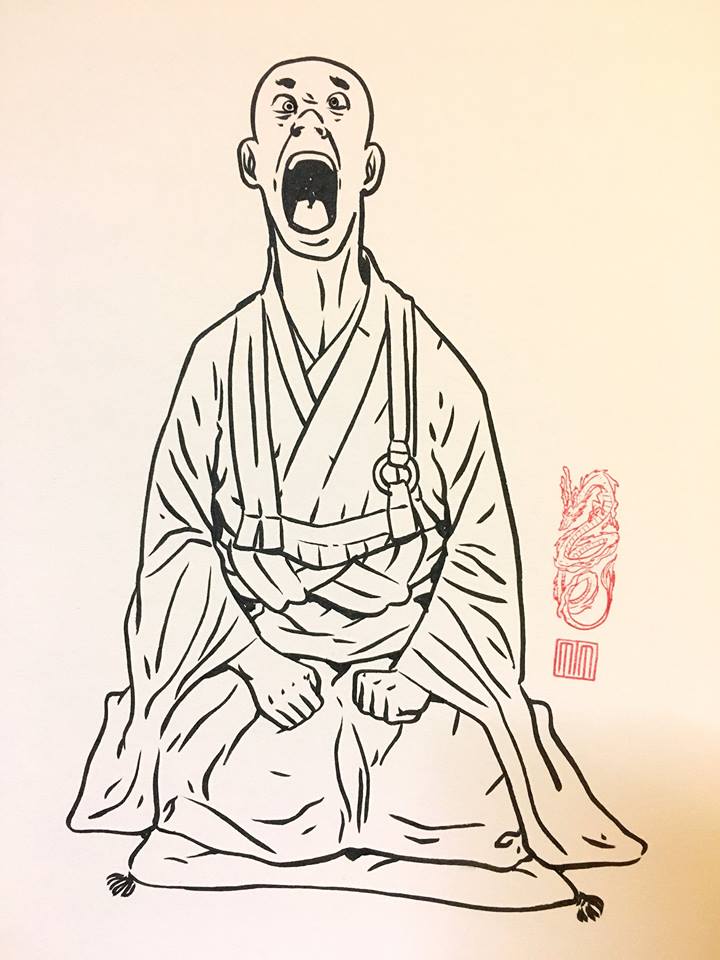
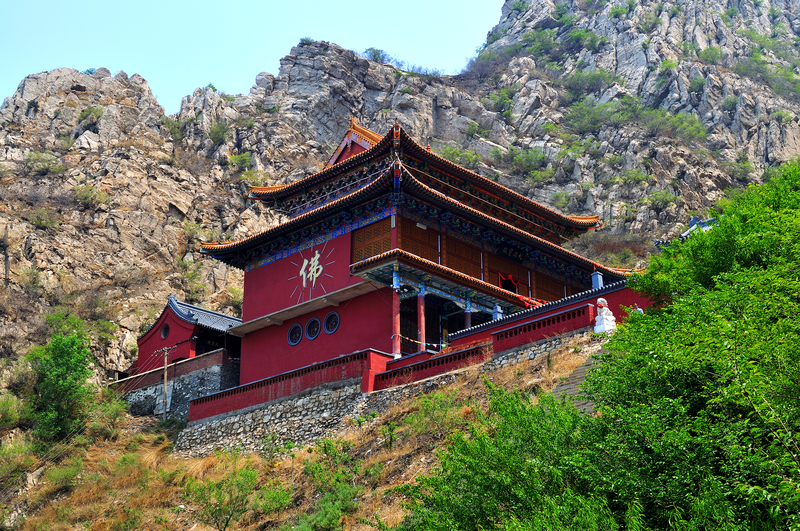 Blue Cliff Record, Case 9
Blue Cliff Record, Case 9 Blue Cliff Record, Case 7
Blue Cliff Record, Case 7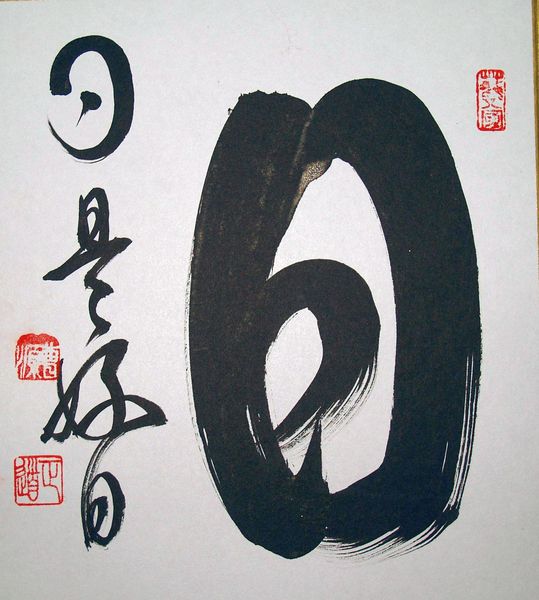 Blue Cliff Record, Case 6
Blue Cliff Record, Case 6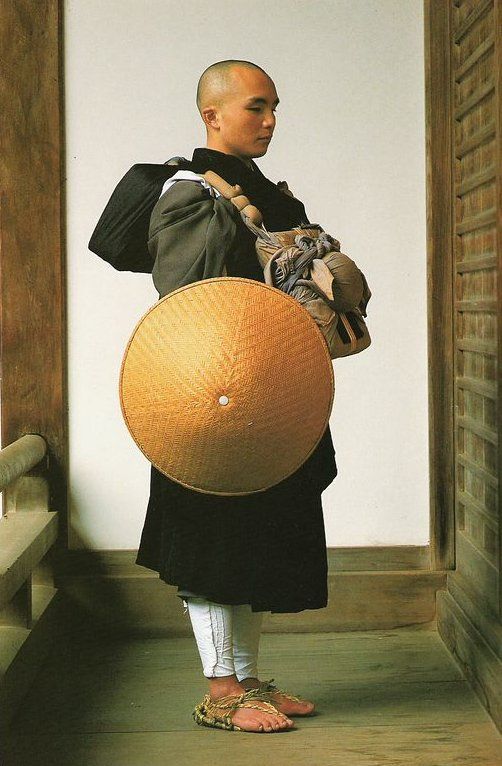 Blue Cliff Record, Case 4
Blue Cliff Record, Case 4